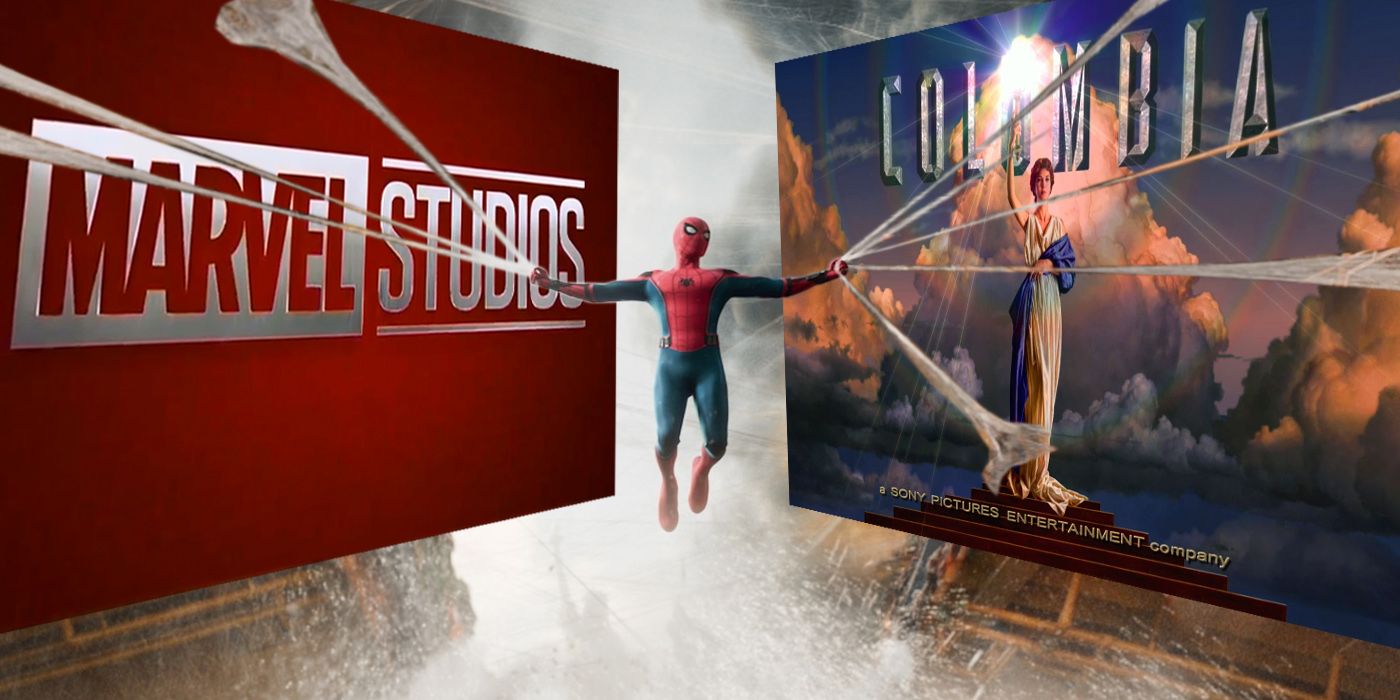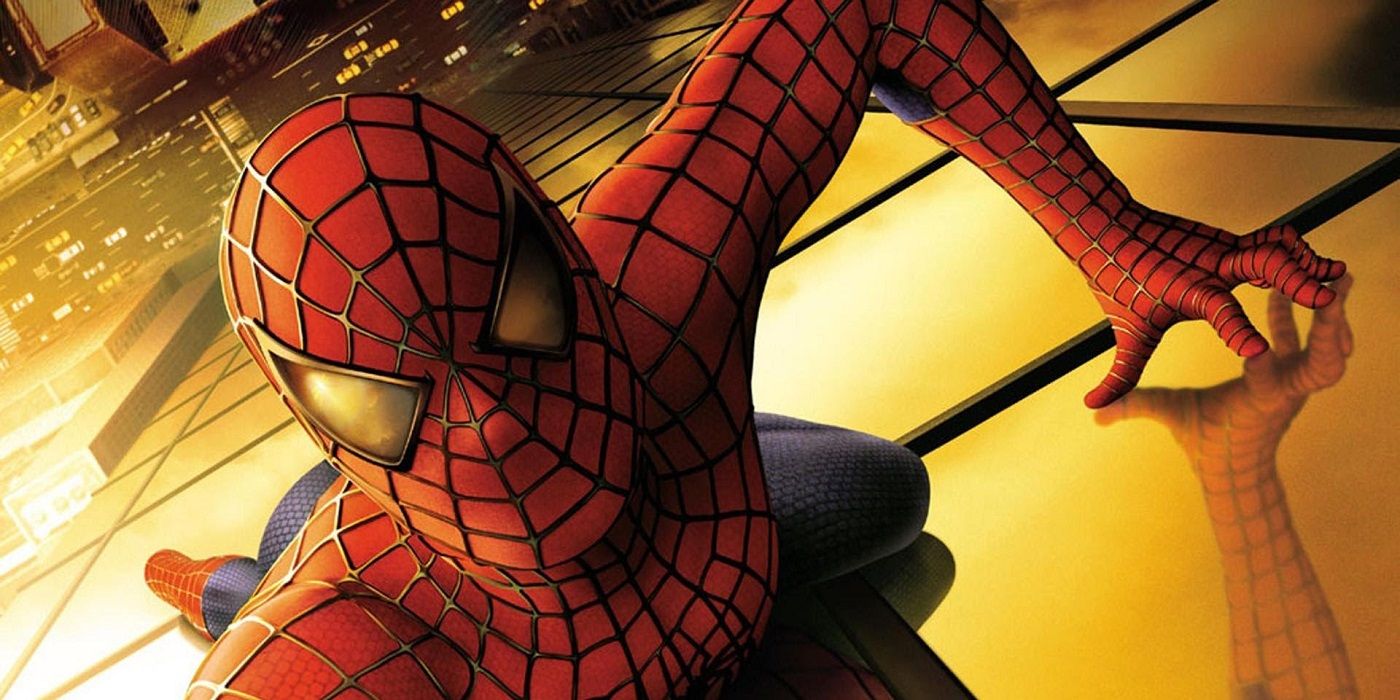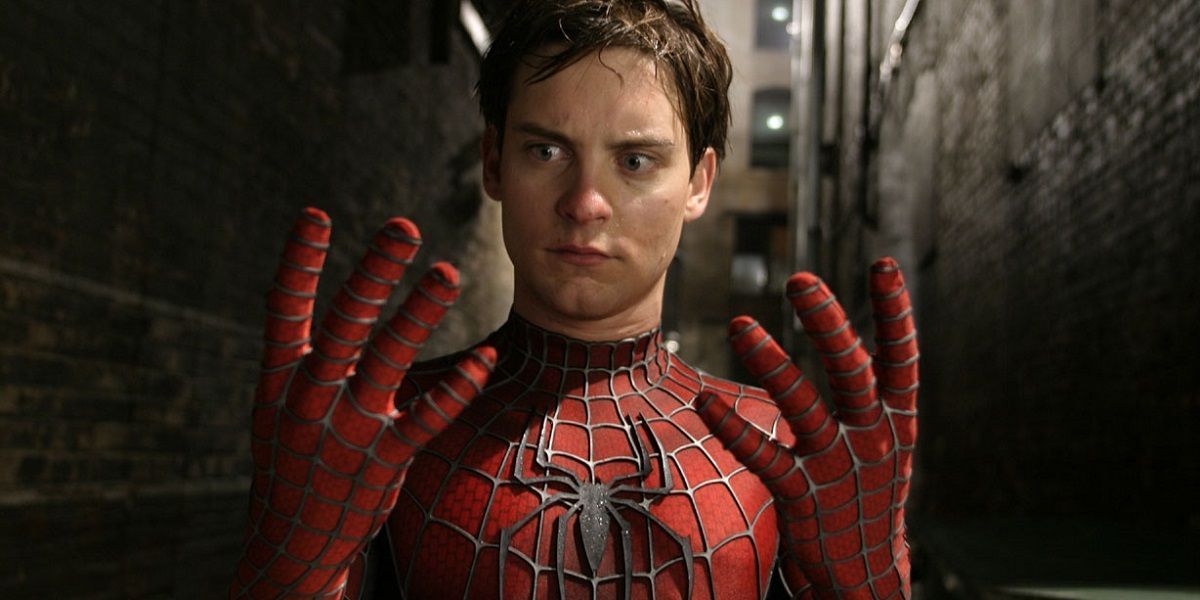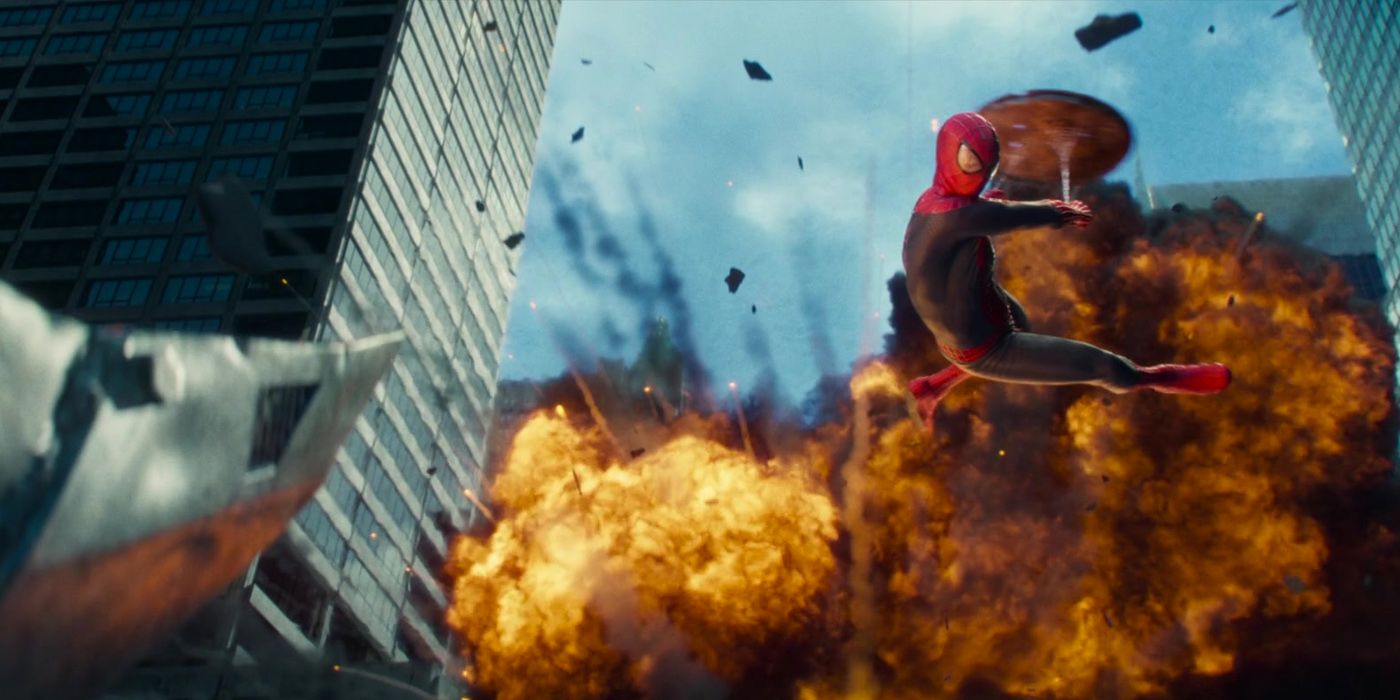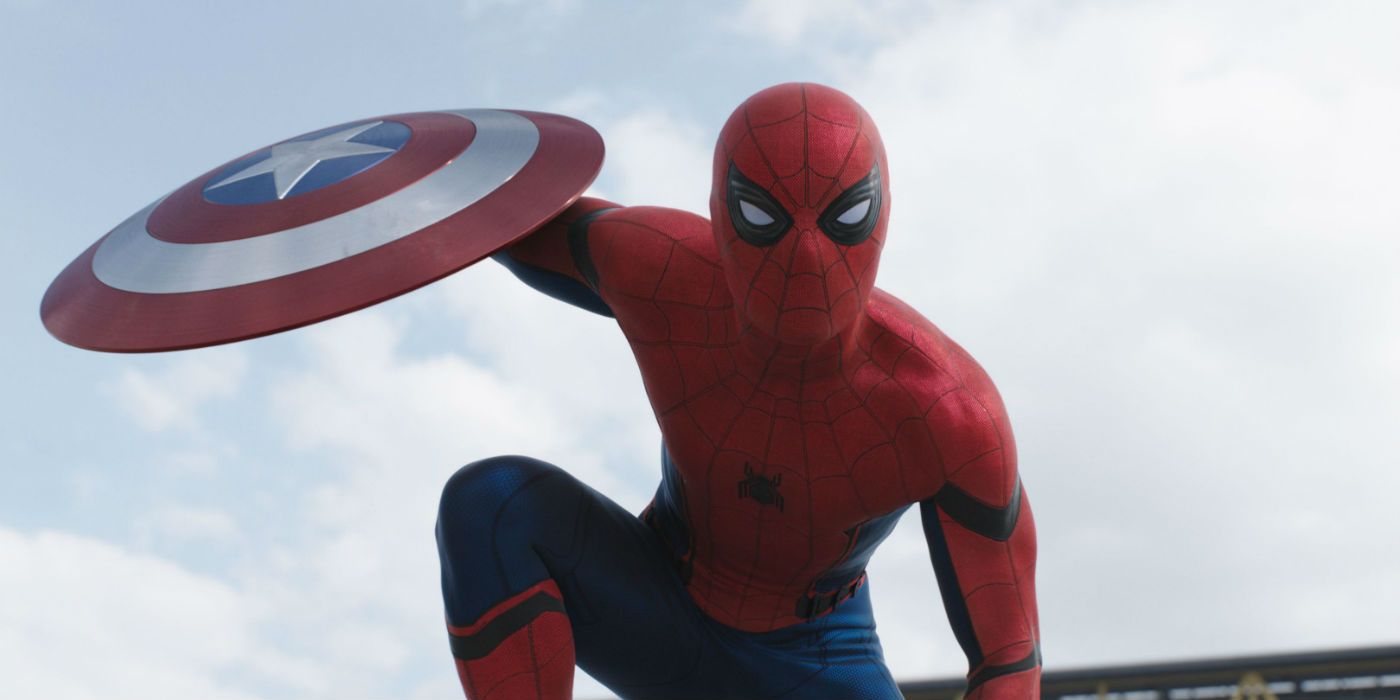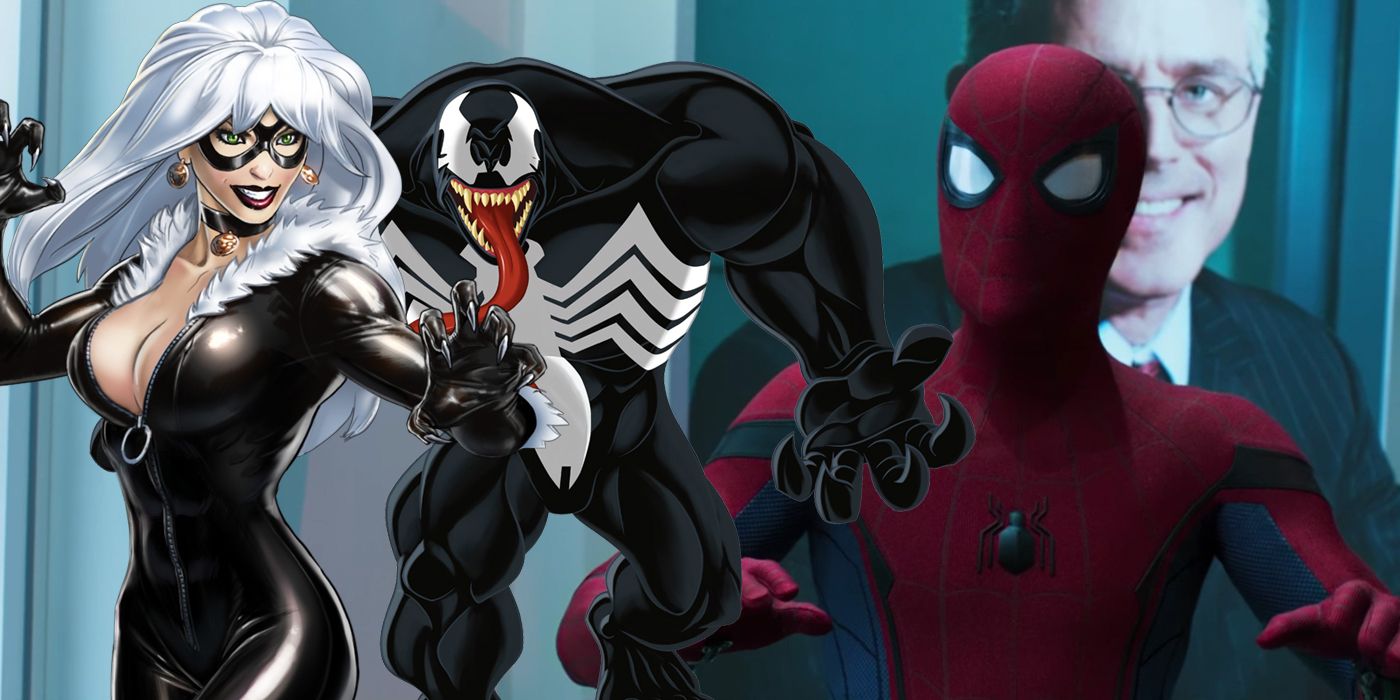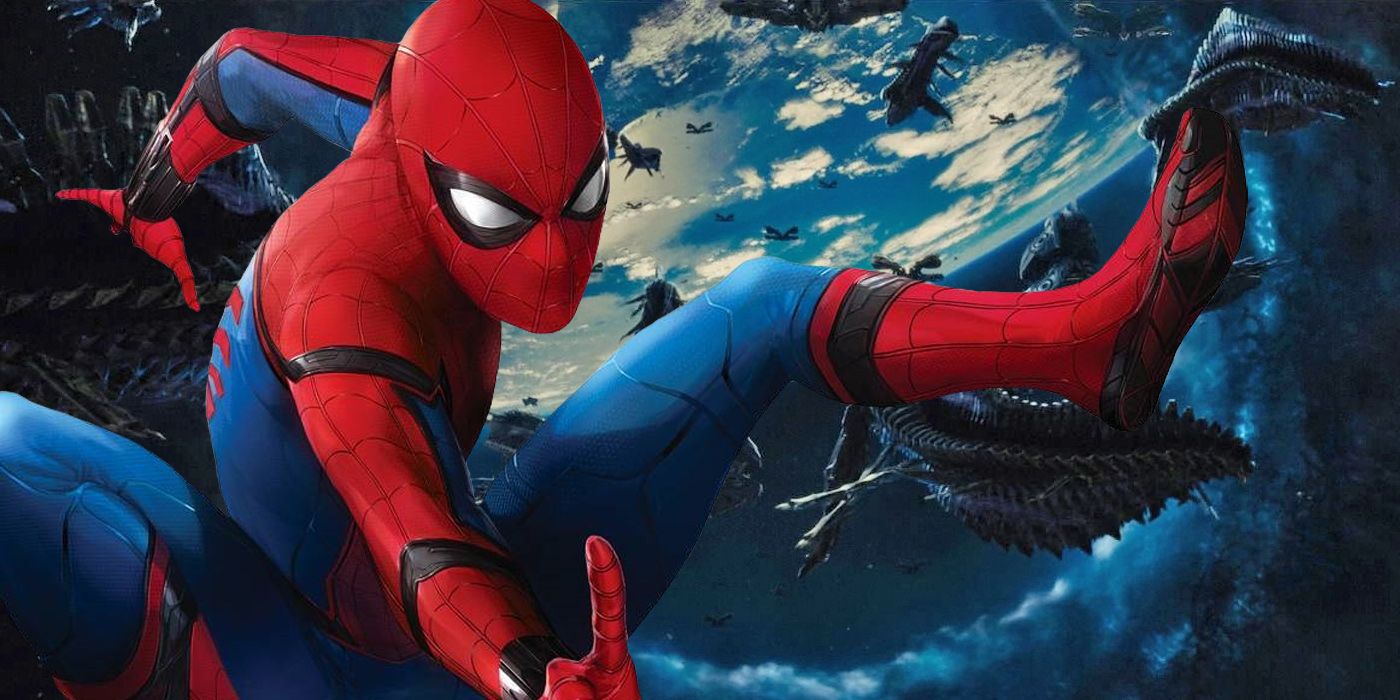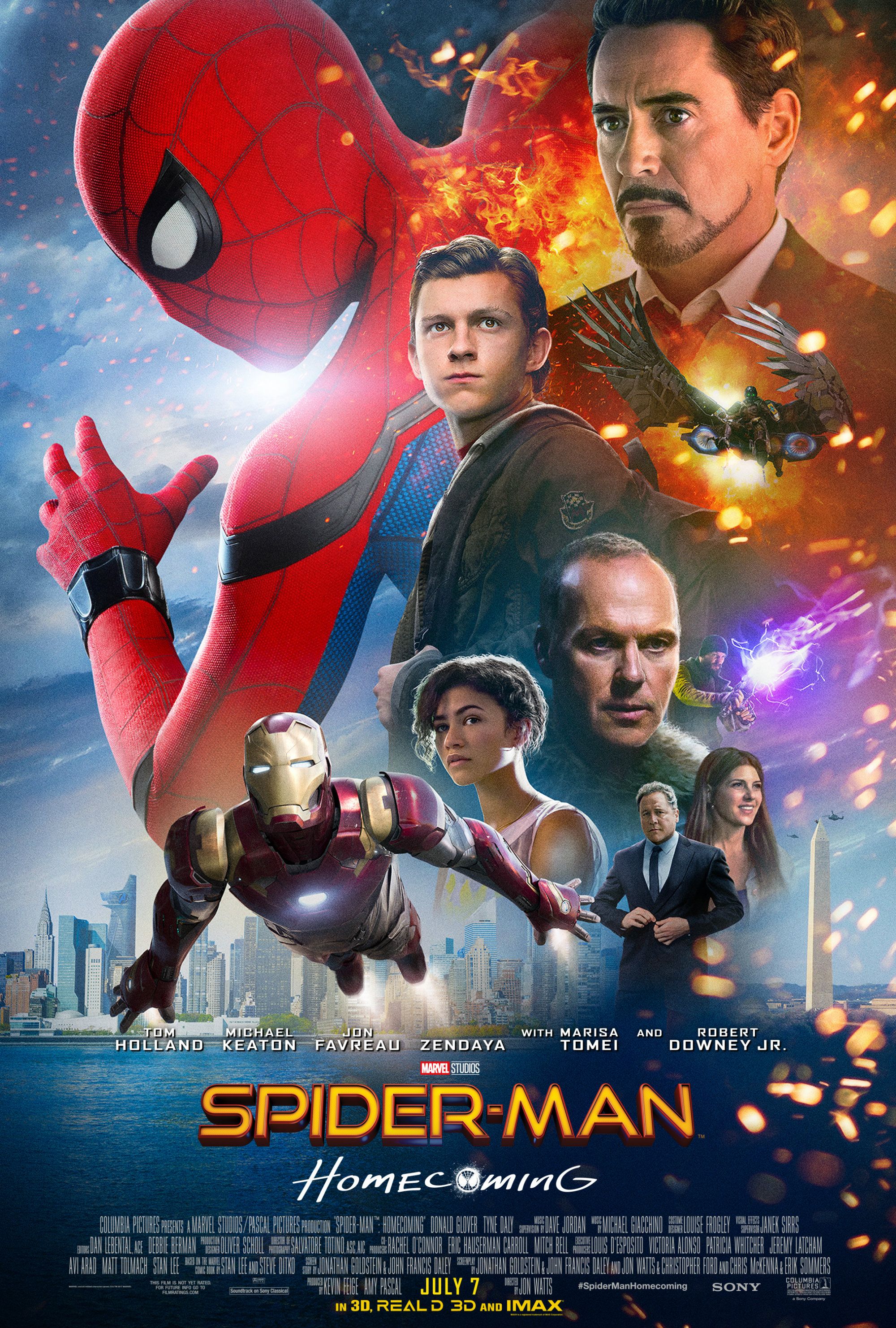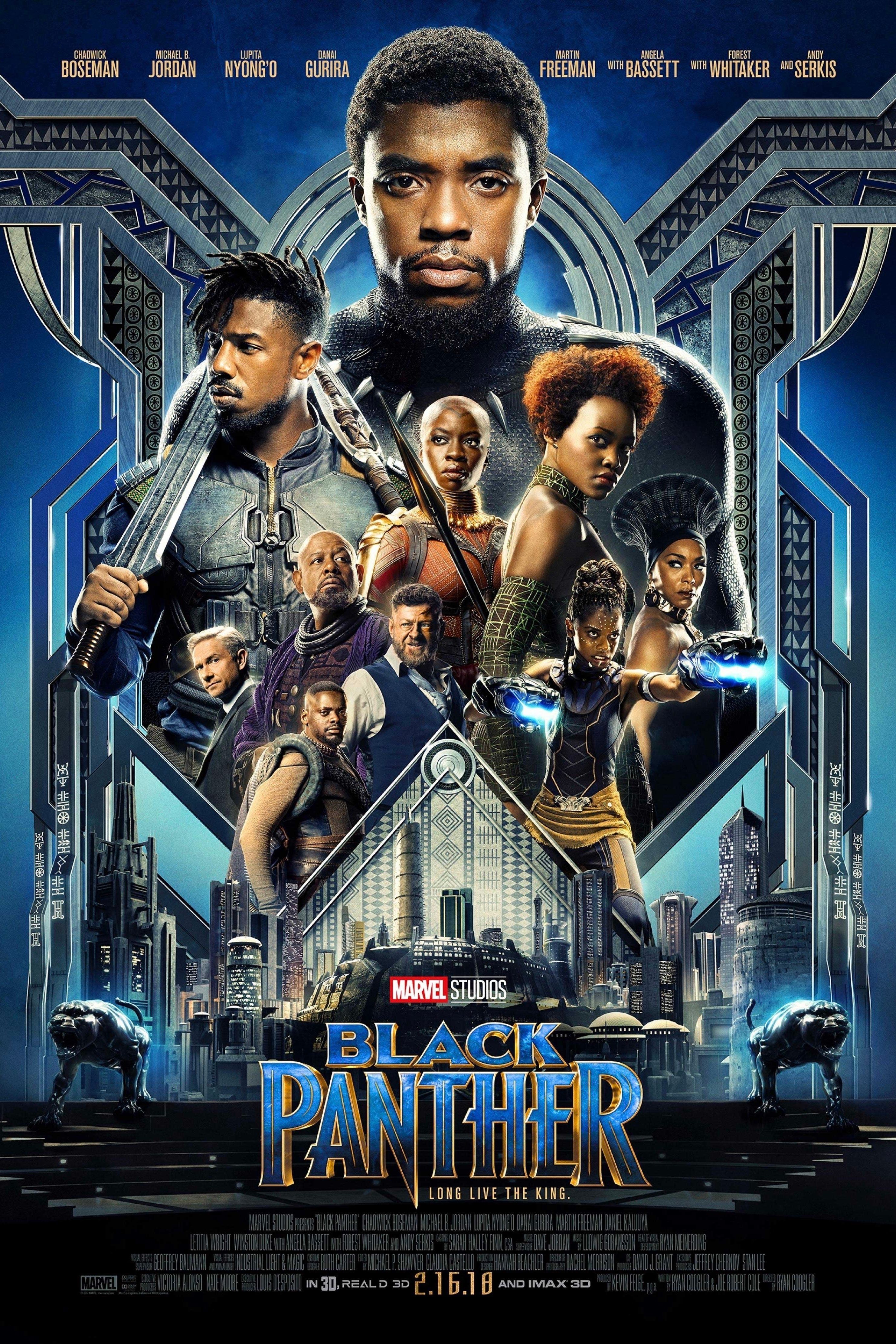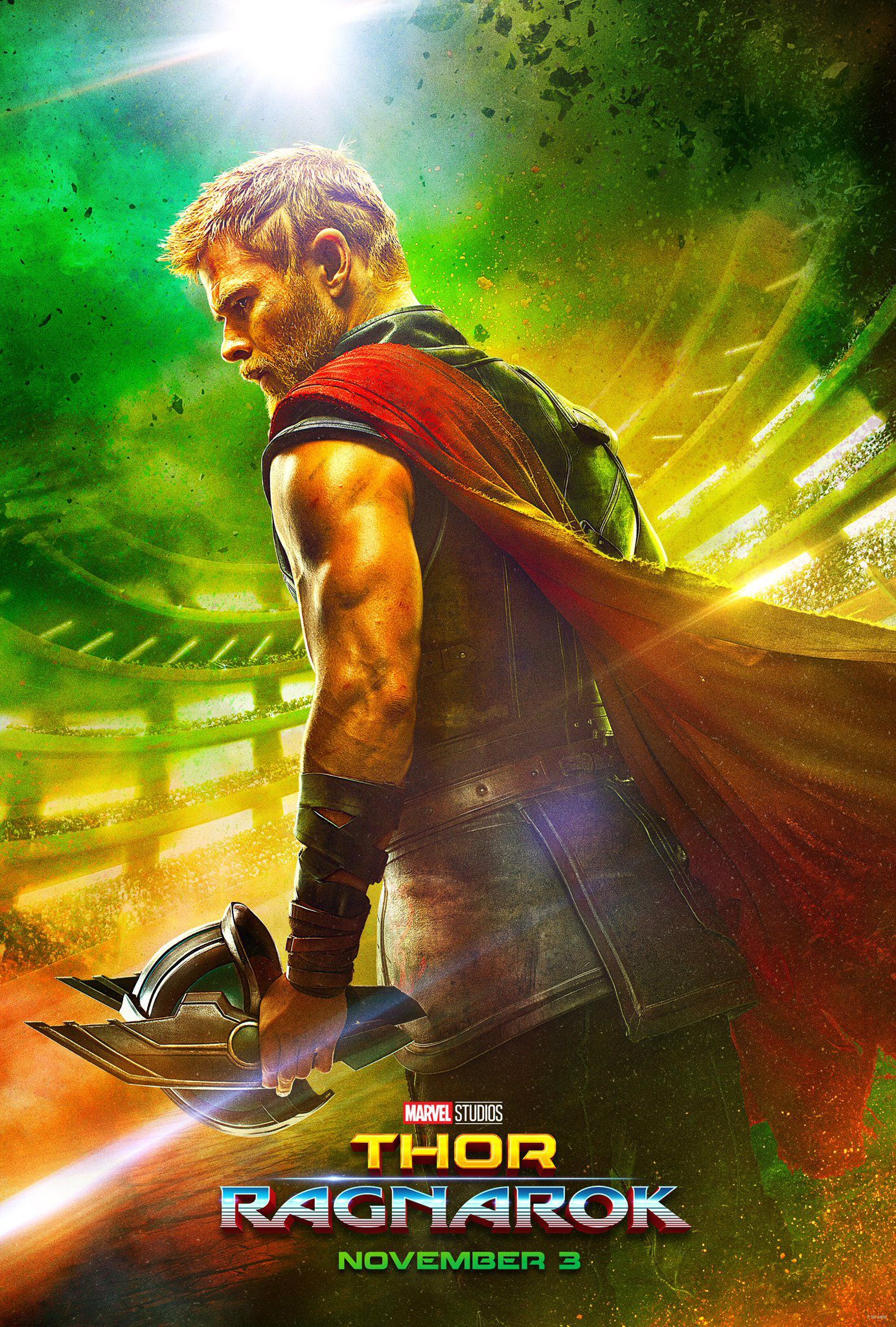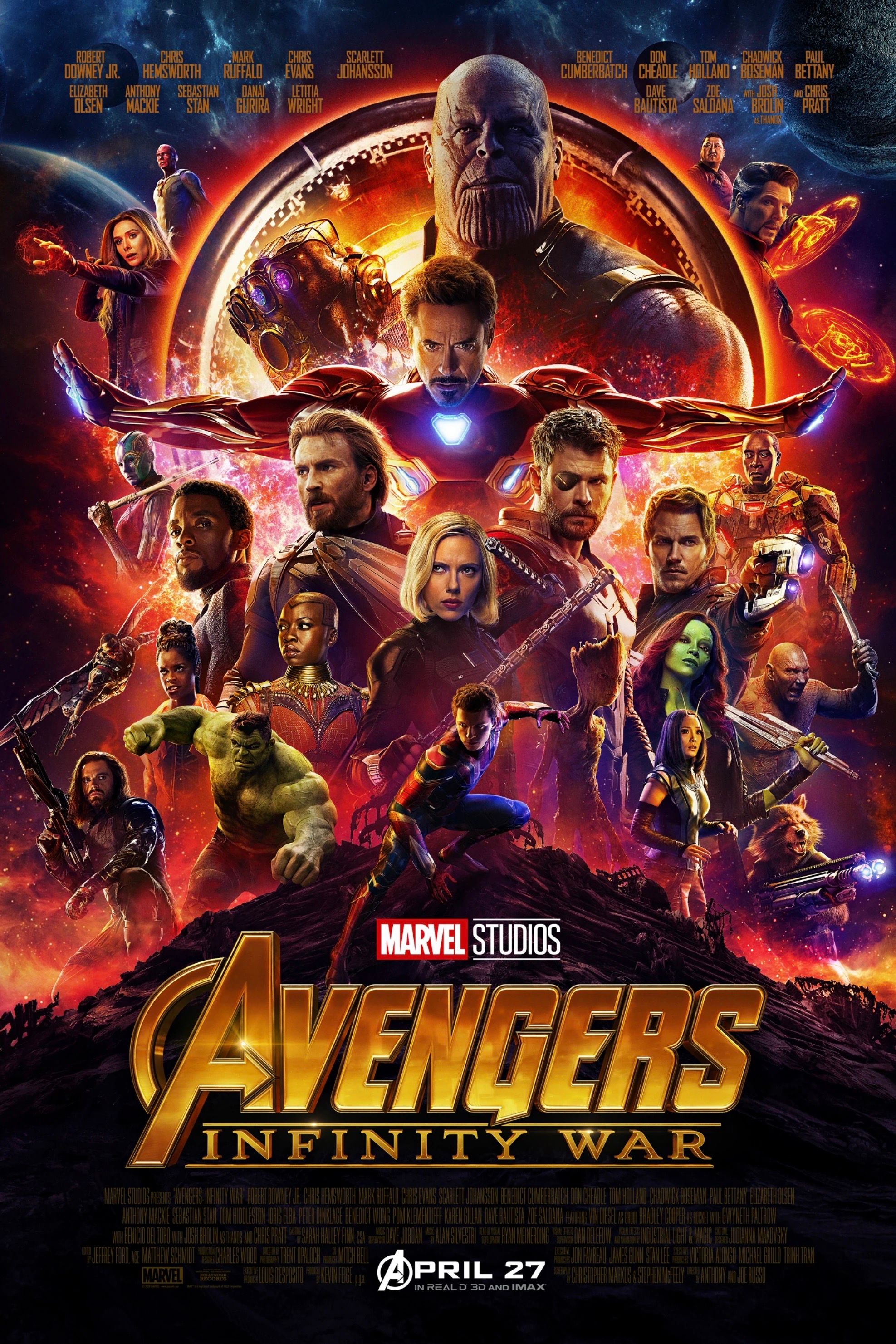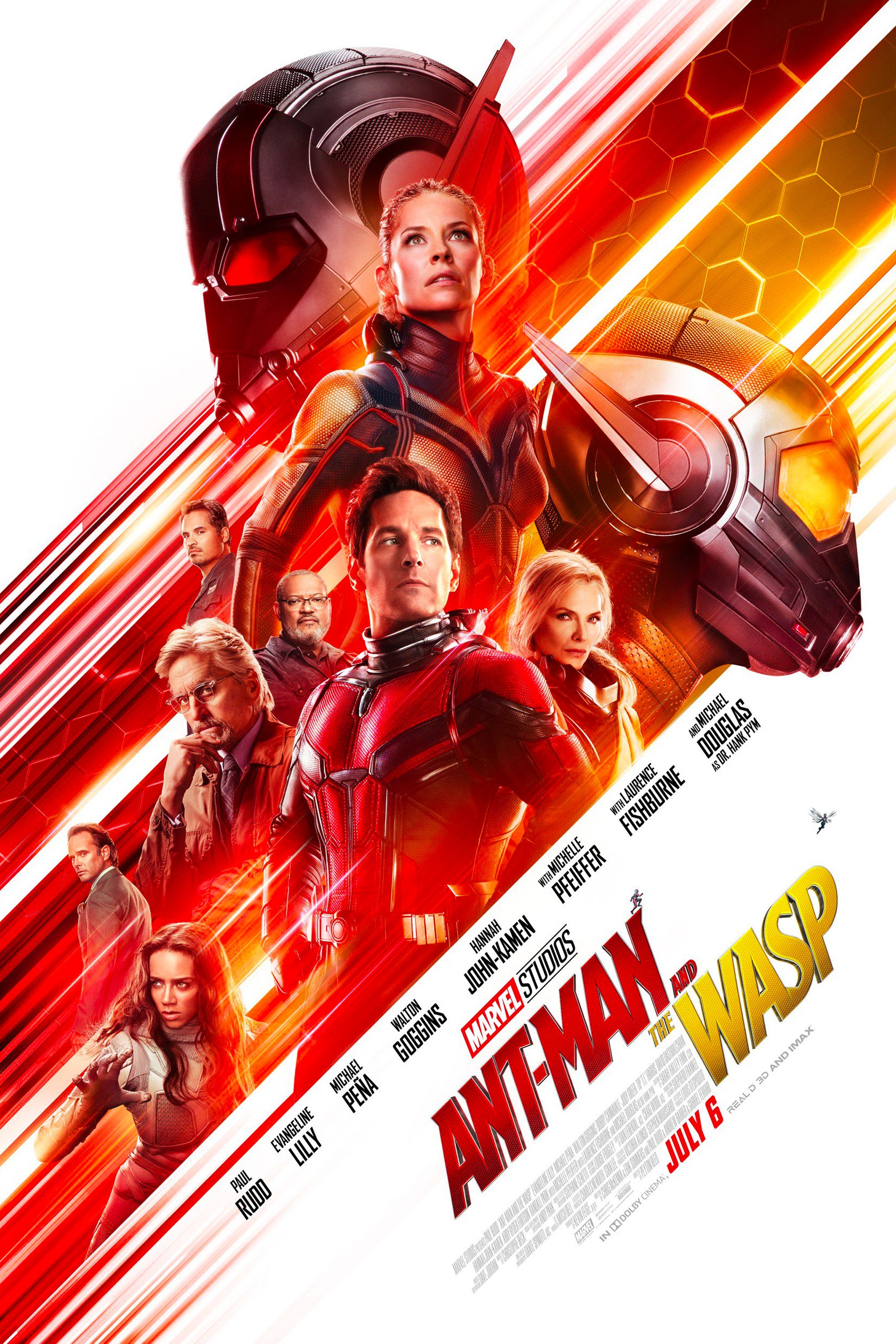The webhead is now in the MCU, with solo outing Spider-Man: Homecoming following up Peter Parker's impressive Captain America: Civil War debut to truly announce him as a (potential) Avengers member. But all this isn't as simple as Marvel plucking an IP from the comics rack and giving it the big screen treatment - Spidey's movie rights are owned by Sony, which for a long time barred him from being involved in the Disney-owned Marvel Studios' franchise. That he now is in the mix is the result of an unprecedented cross-studio deal to "share" the character.
But what does that really mean? Although many tend to liken the whole affair to Kevin Feige and Amy Pascal sharing their toys, in reality it's a complicated, intricate situation with very specific terms. After all, when it comes to the MCU the only thing more complicated than the myriad of multi-film actor contracts is the complex movie rights behind those characters. And to get to the bottom of Spider-Man's Sony/Marvel deal, we have to go right back to the start.
- The Original Spider-Man Rights Situation (This Page)
- [valnet-url-page page=2 paginated=0 text='The%20Sony/Marvel%20Deal%20Explained']
- [valnet-url-page page=3 paginated=0 text='The%20Future%20of%20Spider-Man%20Movie%20Rights']
Why Does Sony Own Spider-Man Anyway?
We accept it now, but it's kind of strange that Marvel doesn't simply own its character's movie rights completely. That's the case with DC, who are owned by Warner Bros. and can unite the Justice League with no legal problem. That's not the only fundamental difference between the two competitors when it comes to film though; while DC had wholeheartedly embraced cinema since the 1970s (albeit just with stalwarts Batman and Superman), Marvel were initially trepidatious. Howard the Duck was their only big screen attempt and that failure pretty much cooled them on further exploration, with their properties mainly licensed out in other areas; TV with The Incredible Hulk, straight-to-video movies like Captain America and cartoons with X-Men and Spider-Man.
That changed in the 1990s. For a brief time comic books were a major cultural force, the result of maturing content in the wake of Watchmen and The Dark Knight Returns and the emergence of the speculator bubble - the idea that landmark issues would be worth something down the line a la Action Comics #1 et al. At the peak of this boom Marvel began to rethink movies and started licensing out their properties - X-Men, Fantastic Four and Daredevil to Fox, Hulk to Universal, Blade to New Line.
However, supply and demand ultimately dictated the base model flawed and after everyone realized a special edition was worthless when there were literally 100,000s out there, the bottom fell out of the market, leading to Marvel Comics filing for bankruptcy in 1996. This only increased the pushing for movies in an attempt to recoup profits. Spider-Man had previously been licensed to cheapo outfit Cannon Film (representative of how lax they were with their properties), then Carloco (who looked at making a film with James Cameron) so had been separate from the initial selling blitz, but when the dust settled everything was back with Marvel. And so, in 1999, they sold the rights to Columbia Pictures, a subsidiary of Sony.
Eventually, of course, Marvel got back in the black, by which point the superhero movie genre had exploded. They decided around 2005 to go into the production business, using their remaining characters to build a shared universe. And the rest is history: the MCU has become the biggest franchise of all time and in the ensuing decade has reacquired and incorporated several of the characters sold off - Daredevil heads up The Defenders and Ghost Rider has appeared in Agents of S.H.I.E.L.D. But things weren't as simple with the web-slinger.
What Was The Original Sony Deal?
The specifics of the initial Sony/Marvel deal aren't public knowledge, but across nearly twenty years of producer interviews we have a pretty clear view of how it works. Sony owns the rights to make and distribute motion pictures based on the Spider-Man character and all associated elements (practically his rogue's gallery - there's less ambiguous crossover of characters as there is with X-Men and Fantastic Four), taking 100% of the box office profits. This option remains as long as they make a movie every five years, otherwise all the rights revert back to Marvel.
This is the reason why we got The Amazing Spider-Man. Many assume that the failures of Spider-Man 3 necessitated a reboot, but not only was the capper of Raimi's trilogy a box office success and fairly well reviewed, a fourth movie got very close to production. It was only when that fell apart in 2010 and as the limit on the rights was getting tight that a top-down reboot (one that was originally intended to be a mid-range budget) came in.
An important clarification within this is that Sony own only the movie rights. Everything else - TV, gaming, merchandising - remained with Marvel. They, essentially, own Spider-Man's place within the wider brand, which is great for them as he's far and away the most merchandisable superhero (he outsells Batman by double) and it also means they can control his prominence alongside their outright owned properties, able to cap him alongside breakout hits like Iron Man in the comics. Marvel never quite circumvented the web-slinger like they did the X-Men or Fantastic Four (again, he outsells Batman by double) but they benefited from any film released while never having to really help Sony out.
The other key element of the deal is that there's no definition on what Sony can do with Spider-Man and co., leading to them trying to spin a shared universe off from Amazing (in reaction to The Avengers) that focused on the villains (Sinister Six and Venom were officially slated). All of this is important as it brings us right up to the new - but not overriding - deal.
Next Page: [valnet-url-page page=2 paginated=0 text='The%20Shared%20Sony/Marvel%20Deal%20Explained']
How The New Deal Came About
In the end, the time cap element of the rights expiry wasn't what changed things - as it stood, Sony had until 2019 to release a new Spidey film and be fine. The problem was profits. Sony's financial issues are well known, but that their primo franchise wasn't performing as expected - The Amazing Spider-Man 2 was conceived as a billion dollar hit but only came in at $709 million, $70 million less than the debut of complete unknowns Guardians of the Galaxy that same year - cast doubt over the extended universe plans. The brand felt soured by movies that were confused, overstuffed and needless, so a big change up was needed.
This solution came almost by accident. Post-TASM2, Sony had been considering some sort of deal with Marvel, which was accidentally made public by the email hack in late-2014. At the time it seemed fanciful, but things were clearly more serious than we realized (perhaps even helped along by that leak).
Let's not fail to consider Marvel's side of this. Spider-Man (we repeat, Batman x2) being disliked is ultimately a negative for them even though they don't get box office receipts. Further, if there's one character who could enter the MCU and actually command respect alongside now-established icons like Iron Man and Captain America, it's him. Based on everything we've learned from Kevin Feige and Amy Pascal's shared interviews for Homecoming, it was the former super-producer who instigated bridging both sides.
And so the announcement of Spider-Man coming to the MCU with a solo film in 2017 was made in February 2015. Over the next year it became swiftly apparent he'd appear in Civil War, leading to an assured introduction. But what exactly were we dealing with?
The New Deal's Terms
Unlike the original rights, the new Spider-Man deal is pretty simple. Sony still owns everything they did before, but the character can now appear in the MCU: for Sony, this means that they finance and produce Spider-Man movies and take the full gross but they are now part of the MCU and can draft in associated characters; for Marvel, they can use Spider-Man in Avengers-related films that they again finance, produce and take all the profits from. To make that clear, Sony took home none of the ticket sales from Civil War and Marvel have no direct financial stake in Homecoming.
The deal works not on any quantifiable scale, but the belief that the added value to both is equal. This also means that while there's three Marvel Cinematic Universe films out in 2017, only two - Guardians of the Galaxy Vol. 2 and Thor: Ragnarok - are solo Marvel Studios productions.
Alongside this, there's a shifted creative relationship. Through the old deal Marvel still had a lot of say in the Spider-Man films; they exercised some degree of refusal on what was used (they do own the brand) and Kevin Feige was consulted on The Amazing Spider-Mans 1 & 2. Now, though, the Marvel involvement with Sony films is much greater - finances and bookkeeping aside, they are proper co-productions, treated no different than any other MCU joint. Both studios also weigh in on important wider decisions, such as casting and general character arc.
And that is, plainly, it. The only major clarifier required is that Marvel retains its sole ownership of any non-movie elements and so benefits greatly from toy sales. Although we have other areas to explore.
Next Page: [valnet-url-page page=3 paginated=0 text='Spin-Offs%20and%20The%20Future']
What About Sony's Villain Universe?
In recent months another side of the Spider-Man rights story has emerged. That shared universe Sony started prepping with the Amazing movies in the hope of making more than one movie every three years is continuing. Don't forget, while the deal helps both sides, Marvel are still running at full speed with multiple movies a year while Sony's releasing at the same rate it has been since Raimi - even with an MCU boost they want more from Spidey.
And so we have Venom in 2018 and Silver and Black the year after - with Homecoming 2 also in 2019, they're clearly upping the pace. Further, both standalone films are being treated very seriously, with real filmmaking talent and genuine stars. However, there's been some confusion over whether these will be operate as part of the MCU or not due to vague and contradictory comments from all sides, but the truth of it is rather simple: they're not.
Like with the animated Spider-Man movie featuring Miles Morales (also coming next year), these movies are not considered by Marvel to be in the MCU continuity. The only reason there's even talk around these and not the cartoon is the distinction that these are live-action; having two different versions of similar characters is a new thing in superhero cinema - even Deadpool and Logan were still a part of the wider X-Men canon - but it's somewhat inevitable when we're at this level of proliferation.
That said, no doubt the movies will be made in such a way that fans can imagine them as in-continuity and Amy Pascal's "same reality" talk suggests Sony probably want to force Marvel's hand down the line (something that was to a degree also the case with The Amazing Spider-Man 1) but for now that's a pipe dream; like how they're not linked to the Marvel deal, as it currently stands they won't be officially in the MCU.
What Does It Mean For The Future?
That's how things are up to now, but what of the future? That's unclear, although it's looking like, two movies in, this deal could not be as permanent as expected. According to word from both sides, the current plans run through Civil War, Homecoming, both Avengers 3 and 4, and Homecoming 2 - five movies in total. Holland is contracted for a third standalone movie, but that's far too off to call.
Either way, the language being used now in contrast to the initial announcement makes it appear that the deal as it currently stands isn't a guaranteed long-term one and is at best operating on a rolling understanding - it can be added to or altered depending on how the studios feel. This means that both sides are kept happy for things to continue, an ideal working relationship on paper.
Whether it is is another matter. That Kevin Feige has ruled out a similar situation with Fox and the X-Men suggests this isn't how he ideally wants things and indeed the MCU is built up to a point now where it can grow and grow without its A-list star - especially considering the former D-list Guardians of the Galaxy are a key element leading the way going forward. For Sony, the success of those spinoffs will no doubt have an impact on what they choose to do next - if Venom hits to the level the studio is expecting then they're more likely to wrap up the MCU version and segue into their own universe. The main purpose of the crossover in the first place was to improve the brand, which already appears to have been successfully done.
For now, though, Spider-Man's a shared property and fans couldn't be happier. It only took twenty years.

